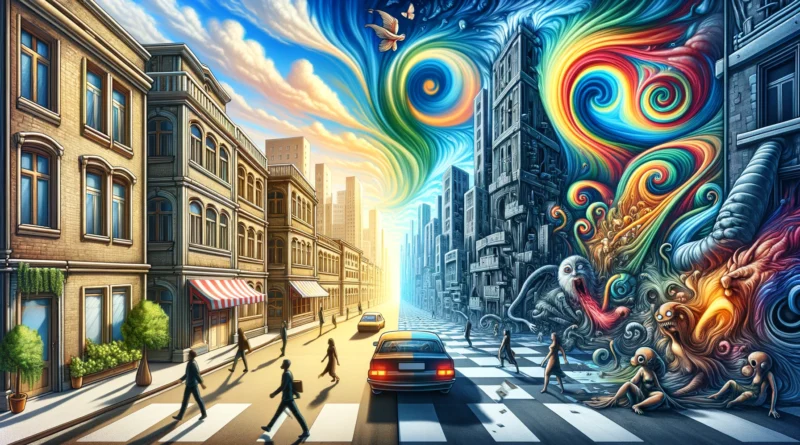15 Things We’ve Normalized That Need to Stop NOW!
DALL-E
In our ever-evolving society, certain practices and norms have insidiously become part of our daily lives, ranging from the mundane to the outright insane. This list of 15 things sheds light on habits and cultural norms we’ve unconsciously normalized but urgently need to reassess and halt. As we dive into this eye-opening exploration, it becomes clear that what we’ve accepted as routine may actually be detrimental, calling for immediate action and a collective shift in our mindset and behavior.
1. Endless Work Hours

DALL-E
The glorification of overworking has led us to believe that endless work hours equate to success. Employees often find themselves trapped in a cycle of long office hours, believing it’s the only path to career advancement. This relentless pursuit of professional achievement at the expense of personal time is not only unsustainable but also detrimental to mental health. It promotes a culture where being perpetually busy is worn as a badge of honor, ignoring the burnout and stress that follow. Companies need to prioritize efficiency and productivity over mere presence, fostering environments where work-life balance is not just a concept but a practice. It’s time to shift from applauding overwork to valuing well-being and productivity.
2. Overconsumption of Social Media
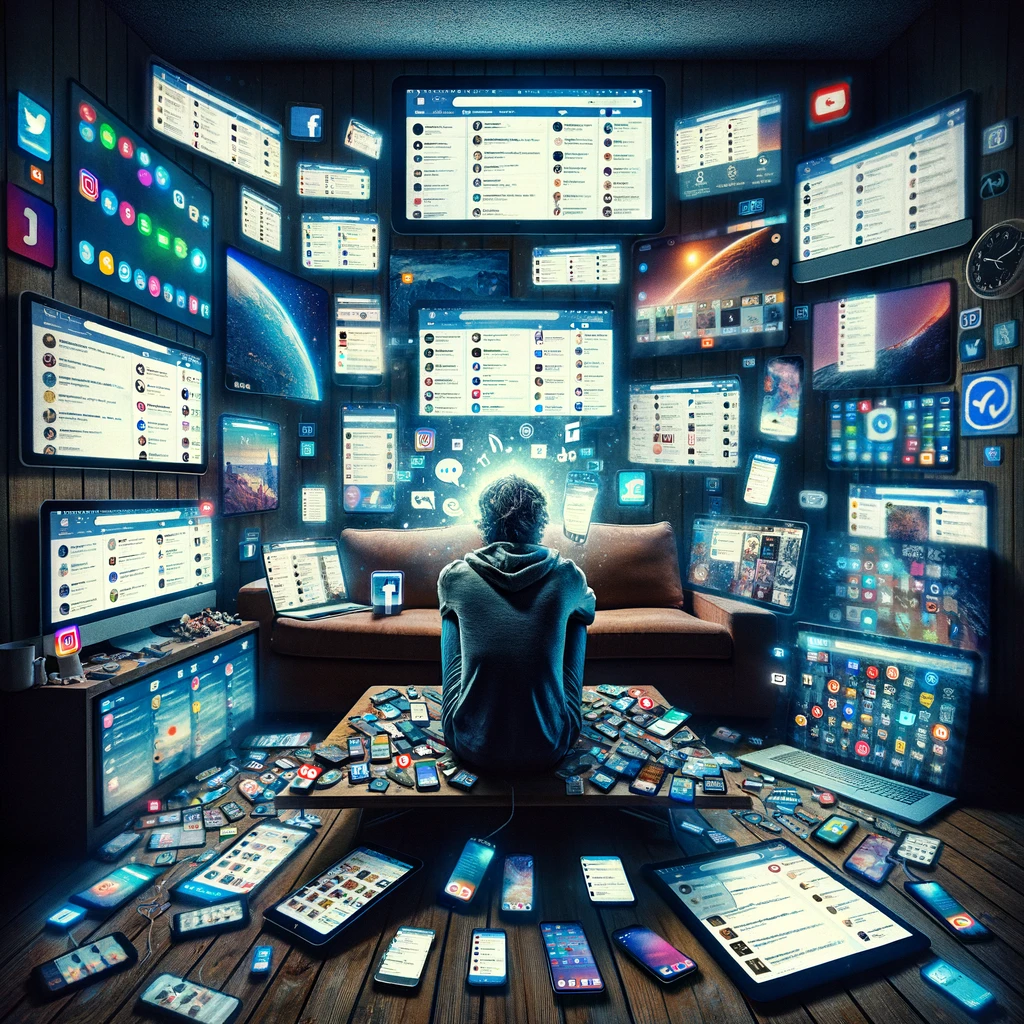
DALL-E
Social media’s omnipresence has led to an overconsumption that skews our perception of reality. Constant exposure to curated lives fuels comparison and discontent, distorting self-image and expectations. It’s a world where likes and follows are chased like currency, overshadowing the importance of genuine connections. This digital obsession detracts from living in the moment, leading to a zombie-like state where screens command attention. Detoxes and digital breaks are not just trends but necessary rituals to reclaim sanity and authenticity in our interconnected world. We must learn to navigate these platforms mindfully, understanding their benefits and pitfalls.
3. Disposable Fashion
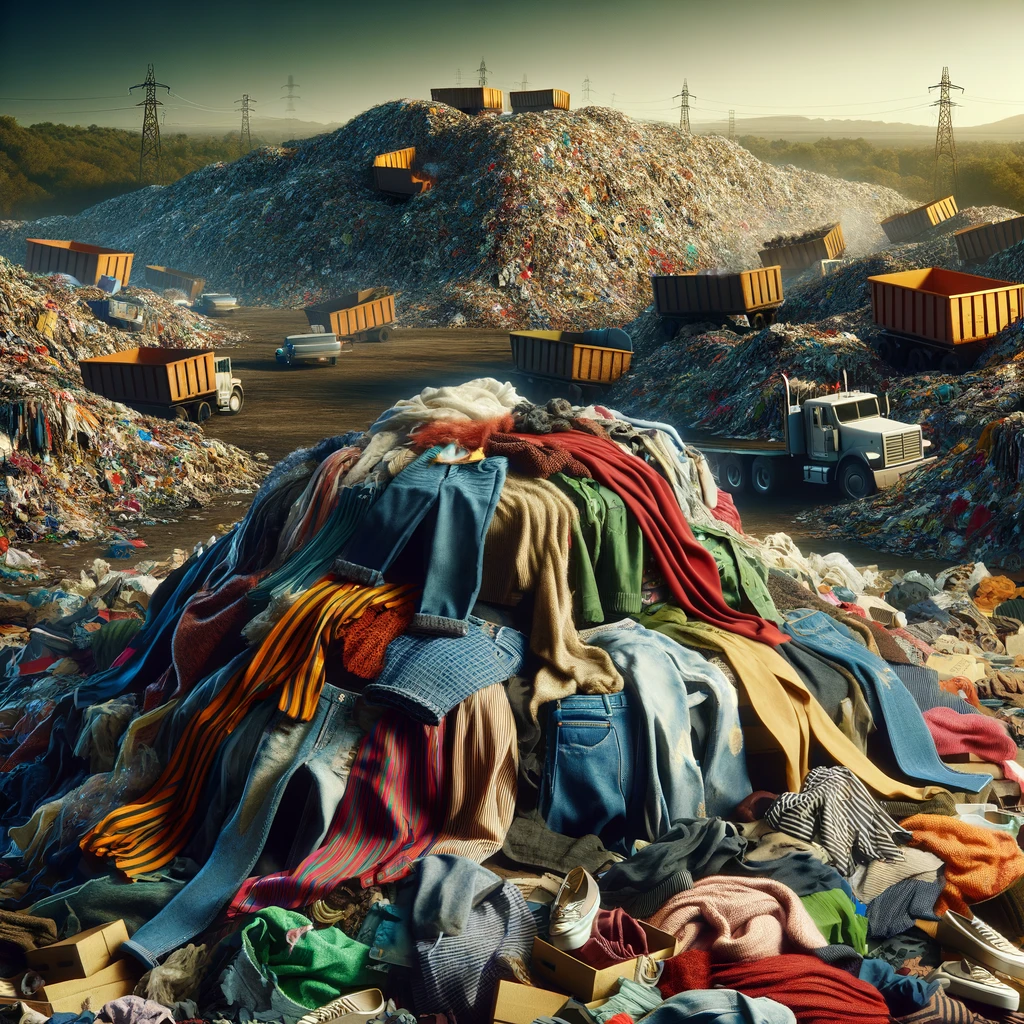
DALL-E
The fashion industry’s fast-paced cycle has normalized the concept of disposable fashion, where clothes are treated as fleeting commodities. This trend not only encourages excessive consumption but also has a devastating impact on the environment. The allure of cheap, trendy outfits perpetuates a throwaway culture, undermining sustainable practices and ethical labor. It’s crucial to promote and support fashion that values longevity and eco-friendliness, transitioning from fast to sustainable wardrobes. By choosing quality over quantity, we can counteract the disposable fashion trend and foster a more responsible and conscious approach to what we wear.
4. Single-Use Plastics
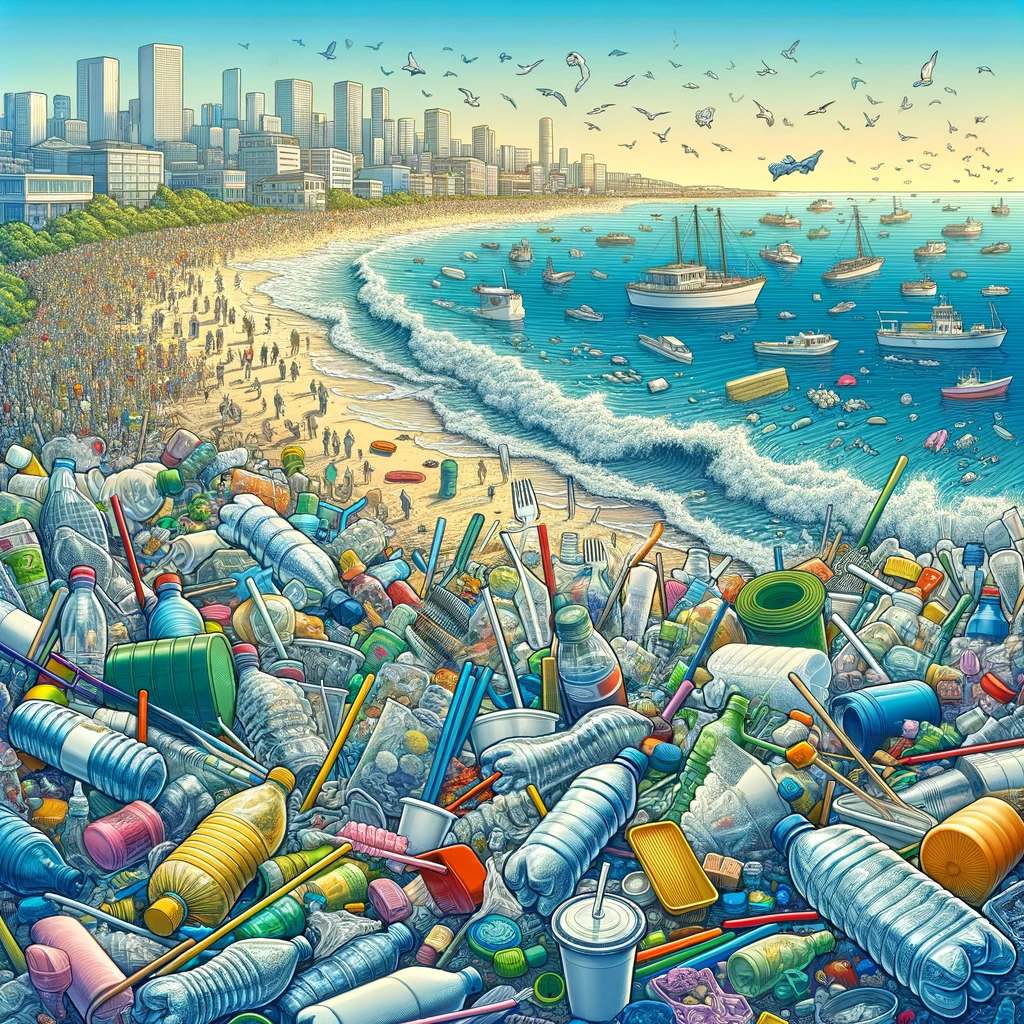
DALL-E
Despite growing environmental awareness, single-use plastics remain a stubbornly normal part of daily life. These conveniences, from plastic bags to straws, contribute massively to pollution and are a nightmare for ecosystems. Alternatives like biodegradable materials and reusable products are available but underutilized. The convenience of plastic is hard to resist, yet its long-term consequences are dire, from filling landfills to harming marine life. It’s imperative to transition to sustainable habits, prioritizing the planet’s health over short-term convenience. The normalization of single-use plastics needs a drastic turnaround, advocating for a greener, cleaner earth.
5. Instant Gratification

DALL-E
In a world of next-day deliveries and binge-watching, patience is becoming a lost virtue. The desire for instant gratification has permeated every aspect of life, from food to entertainment, fostering a culture of impatience and dissatisfaction. This trend undermines the value of hard work and the joy of anticipation, leading to a shallow experience of life’s pleasures. It also creates unrealistic expectations, with the constant demand for immediate results stressing both mental health and physical resources. Relearning the art of waiting and appreciating the journey, not just the destination, is vital for cultivating a more fulfilling and sustainable lifestyle.
6. Reality TV’s Influence on Perception
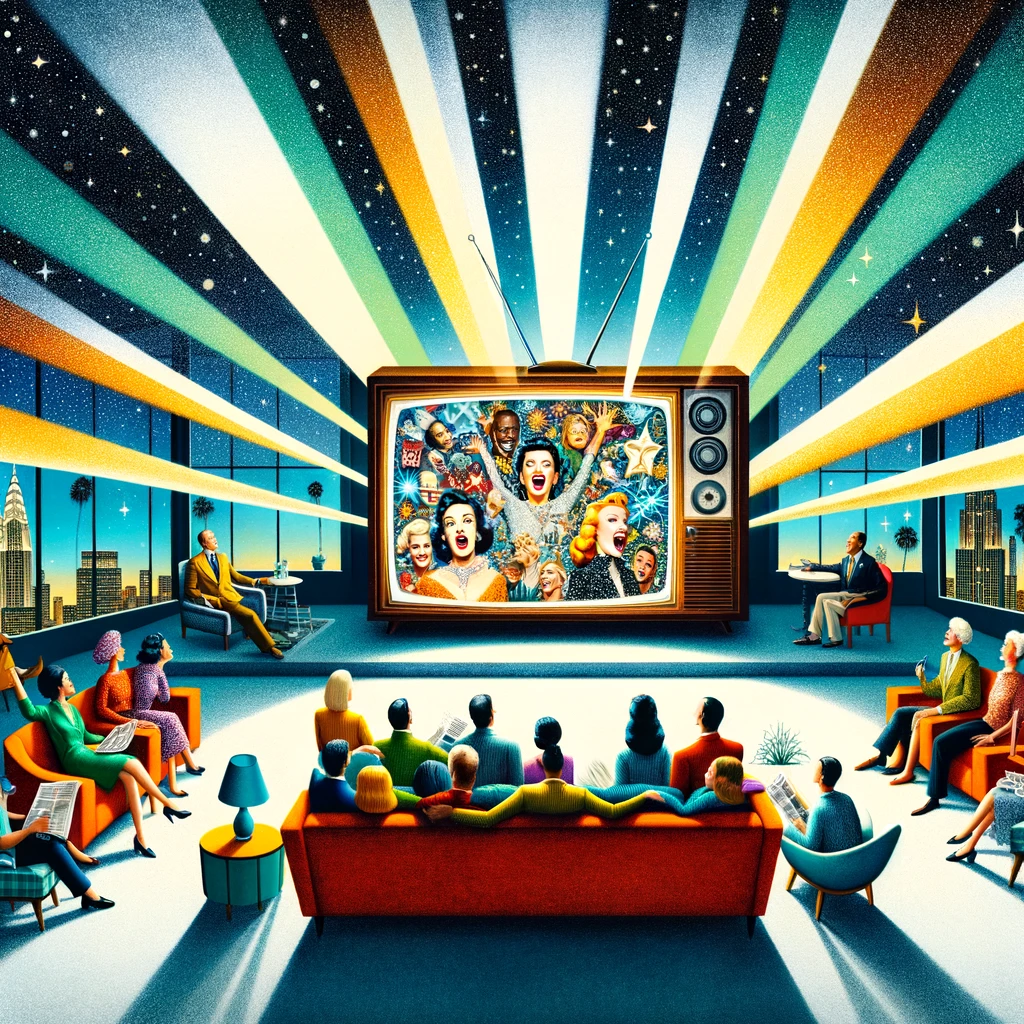
DALL-E
Reality TV has blurred the lines between genuine and staged, influencing perceptions of reality in alarming ways. These shows, often scripted for maximum drama, distort viewers’ understanding of relationships, success, and lifestyle. The obsession with these constructed realities can lead to distorted self-images and values, as the line between entertainment and real-life fades. Moreover, it normalizes voyeurism and sensationalism, overshadowing quality content and meaningful engagements. This sphere of entertainment requires a critical evaluation, encouraging viewers to discern reality from fabrication and prioritize authenticity in their consumption of media.
7. Normalizing Poor Eating Habits

123rf
Fast food and processed snacks have become dietary staples, normalizing poor eating habits. This normalization has contributed to a global health crisis, with rising rates of obesity, diabetes, and heart disease. Convenience often trumps nutritional value, leading to choices that are high in calories but low in nutrients. The fast-paced nature of modern life makes it challenging to prepare healthy meals, yet the impact on long-term health is profound. There’s a need to shift towards whole, nutrient-rich foods and to educate on the importance of balanced diets. Encouraging healthy eating habits not only improves individual well-being but also reduces the strain on healthcare systems.
8. The Stigma of Mental Health
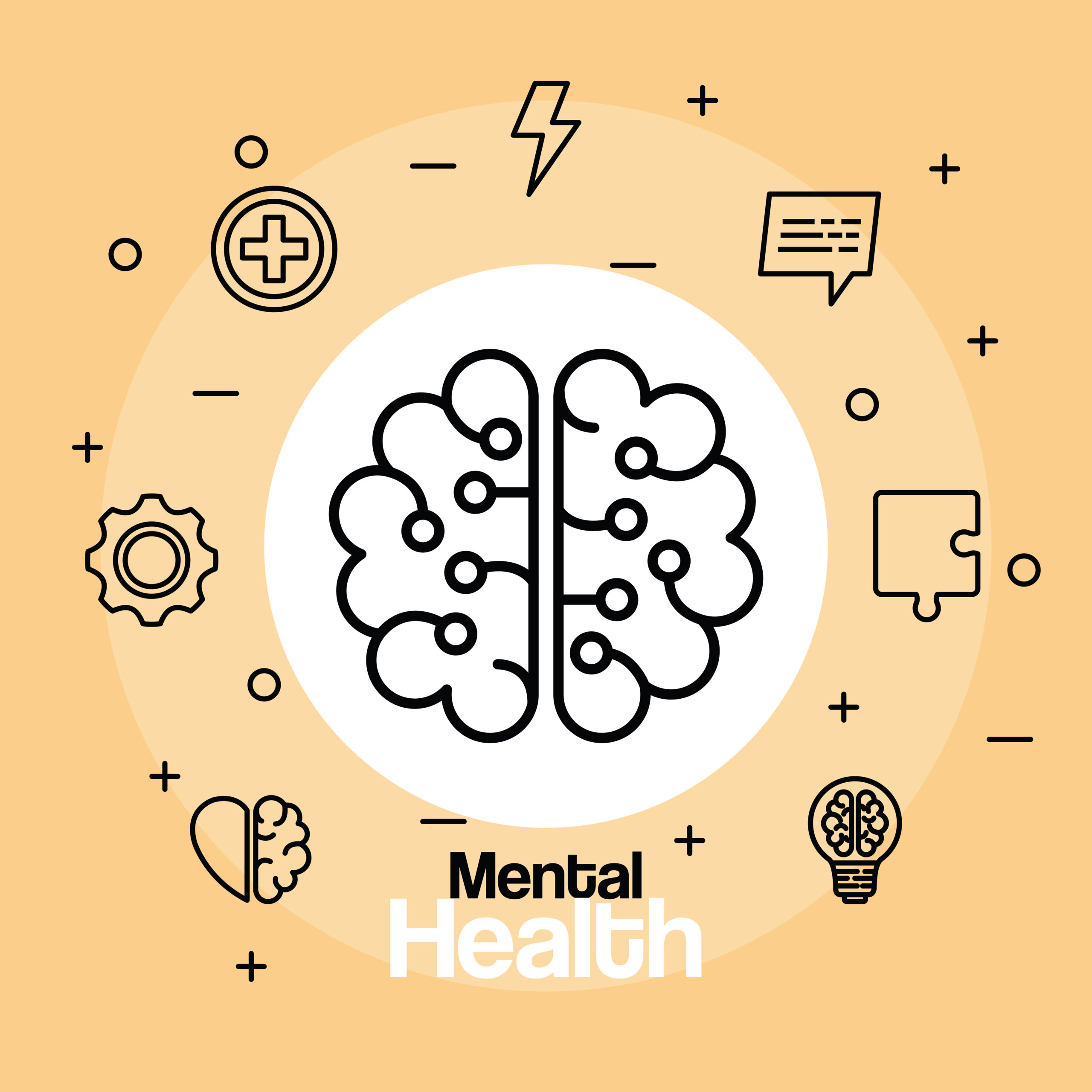
123rf
Despite progress in awareness, mental health still carries a stigma, with many suffering in silence. The normalization of neglecting mental well-being and romanticizing suffering must stop. Mental health is as crucial as physical health, yet the conversation often lacks the same depth and seriousness. This stigma prevents people from seeking help and accessing necessary support. Promoting open discussions and prioritizing mental health in all aspects of society can foster a more empathetic and understanding environment. It’s essential to break down these barriers and normalize mental health care as a fundamental part of overall well-being.
9. Data Privacy Disregard

123rf
In the digital age, the disregard for data privacy has become alarmingly normal. Personal information is often traded like currency, with little thought about the consequences of such exchanges. The proliferation of data breaches and misuse highlights the need for stricter data protection measures. Users should be more vigilant and aware of their digital footprints, advocating for transparency and control over their personal information. Educating about the importance of data privacy and pushing for stronger regulations can help safeguard our digital identities against exploitation.
10. Cultural Appropriation

123rf
The fine line between cultural exchange and cultural appropriation often gets blurred, leading to a normalization of appropriation that disrespects and trivializes cultural heritages. Recognizing and understanding the significance of cultural elements is crucial to prevent their misuse. It’s important to differentiate between appreciation and appropriation, ensuring that cultural expressions are respected and preserved. By fostering an environment of respect and education, society can appreciate cultural diversity without overstepping boundaries or perpetuating stereotypes.
11. Ignoring Climate Change

DALL-E
Despite overwhelming evidence, the normalization of ignoring climate change continues. This denial not only hampers efforts to mitigate its effects but also endangers future generations. Acknowledging the reality of climate change and taking decisive action is imperative. Sustainable practices, renewable energy adoption, and support for environmental policies are crucial steps in combating this global crisis. Society must move from passive acknowledgment to active participation in preserving the planet.
12. Misinformation Spread

123rf
The digital era has normalized the rapid spread of misinformation, with fake news becoming increasingly prevalent. This trend threatens to undermine trust in institutions and sow discord among communities. Educating the public on media literacy and critical thinking skills is essential to combat this issue. Platforms and individuals alike must take responsibility for verifying and sharing information, promoting a culture of accuracy and truthfulness.
13. Undermining Public Transportation

123rf
The preference for private vehicles over public transportation has led to increased traffic congestion, pollution, and urban sprawl. This trend not only exacerbates environmental damage but also neglects the potential of efficient public transit systems. Investing in and promoting public transportation can reduce carbon footprints, alleviate traffic woes, and make cities more livable. Encouraging the use of buses, trains, and bikes over personal cars can shift the narrative towards sustainable urban mobility and improve quality of life for all residents.
14. Excessive Consumerism

123rf
Excessive consumerism has been normalized to the extent that shopping is often seen as a leisure activity or even a form of therapy. This unsustainable behavior contributes to waste, environmental degradation, and a cycle of never-ending desire for the new. Shifting towards minimalism and conscious consumption can break this cycle, leading to more sustainable living and reducing the ecological footprint. Encouraging individuals to buy less but better quality, and to value experiences over possessions, can lead to a more satisfying and less wasteful life.
15. Neglecting Local Communities

123rf
In the globalized world, there’s a tendency to overlook the importance of local communities. This neglect can lead to a loss of cultural identity, community spirit, and mutual support. Strengthening local connections and investing in community-driven initiatives can foster a sense of belonging and resilience. Supporting local businesses, participating in local governance, and nurturing community networks are vital steps to revitalize local ecosystems and ensure their sustainability.
Crafting a New Norm
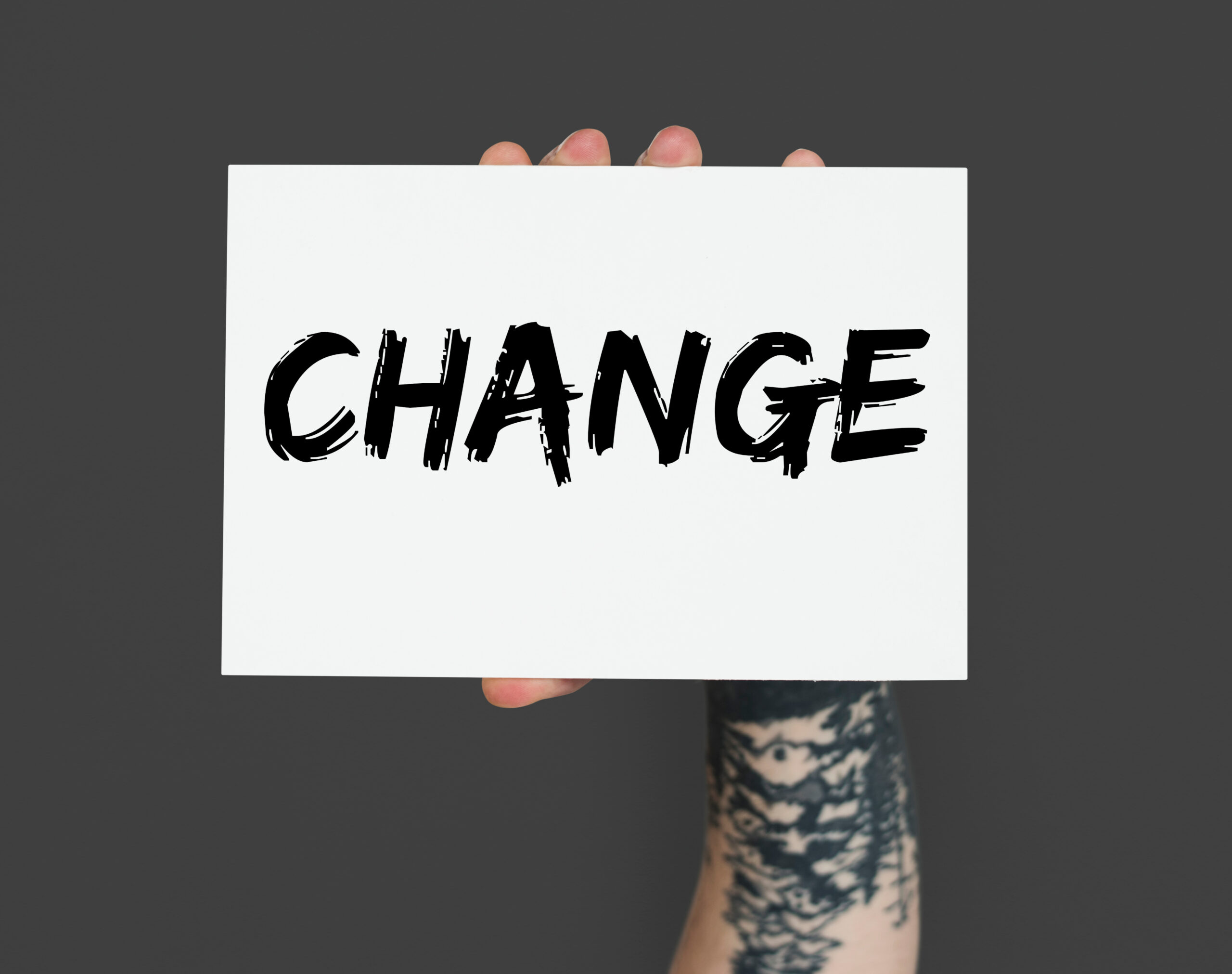
123rf
The journey from identifying these normalized issues to rectifying them requires a collective effort and a shift in mindset. By questioning the status quo and advocating for change, we can redefine what’s considered normal and create a future that values health, sustainability, and community. The transition from the mundane to the sane is not just about stopping detrimental practices but also about fostering positive ones that contribute to a more equitable and sustainable world. Together, we can lead this transformation and lay the foundation for a new era of conscious living.
